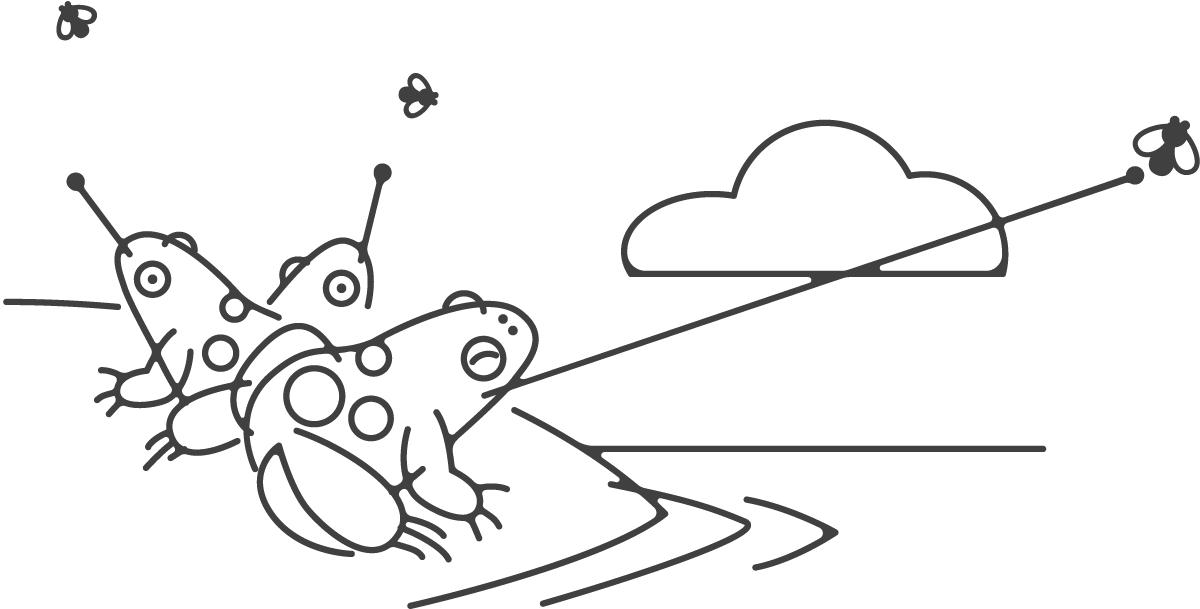If history has favored one segment of businesses above others, it’s not the strongest, smartest, or fastest — but those who are adaptive.
We’ve all seen large companies fall from great heights, fast companies run out of cash to burn, and smart businesses make dumb mistakes. Sure, these traits make for great buzz words as well as can be healthy to some extent, but true, longterm success comes from an adaptive nature.
Being adaptive is a lot easier said than done.
It comes down to human nature. Nature takes the path of least resistance and humans love to be comfortable. Once we are in a groove, why spend the time and energy reinventing or challenging what has become the status quo? Why force ourselves to be uncomfortable and face resistance? It truly is counter to our biological wiring.
That’s exactly why we should do it. Why we should strive to be adaptive.

We love systems and guarantees. This again is human nature. That’s why businesses have models and categories. But again, this is part of the reason why businesses fail. They get too cozy and reliant on said category/model and either lose out to the more adaptive opponent or get the rug pulled out from underneath them.
An unforgettable example of this is the once powerful Blockbuster. As the main source for video rentals, they had plenty of resources as well as insight into the market. But sadly, as the market began to shift they mocked the idea of DVD rental-by-mail. On the other side of the coin, Netflix anticipated the anticipation of the market seeing how the internet would soon influence the way the world consumes content. The point is that as Netflix began to gain market share, Blockbuster had plenty of time and power to deliver their own version, but they sat in their comfort (within a dying market) for too long. Like a crew on a slowly sinking ship as the passengers loaded onto a rocket aimed for the stars. Blockbuster inevitably got busted and now has one final location in Bend, Oregon. (More of an American memento than anything…)
Now what enables a business (something that is subject to a model and industry — because it must generate revenue) to be adaptive?
What enables a business to surprise and delight, to break out from its mold and discover even more profitable streams of revenue, and engage with new or better audiences?
This is where brand comes in.
A brand is not only that beacon that your audience looks for and connects with, but it is the very tool that allows you to break outside of your mold and create more revenue and/or increase your profitability. (We’ve discussed brand and pricing here: Price To Profit)
There are countless examples of a business’ brand empowering them to harvest these benefits and survive both increasing competition and market contractions.
Brand acts as a mediator between your business model and your beloved buyers, it is granted permission to adapt and change by your audience. It also is the signaling system that keeps your audience aware of the subtle pivots and changes; to keep them engaged, but also serve them better as they too evolve their lifestyles as time goes on.

